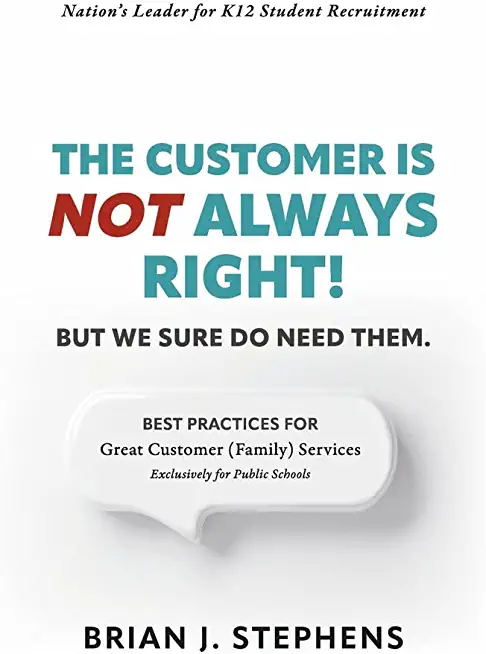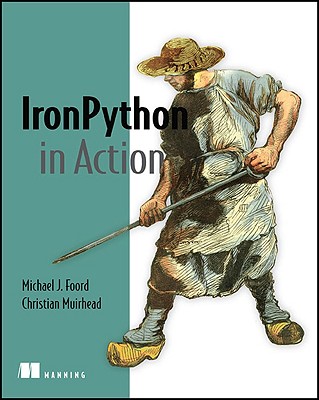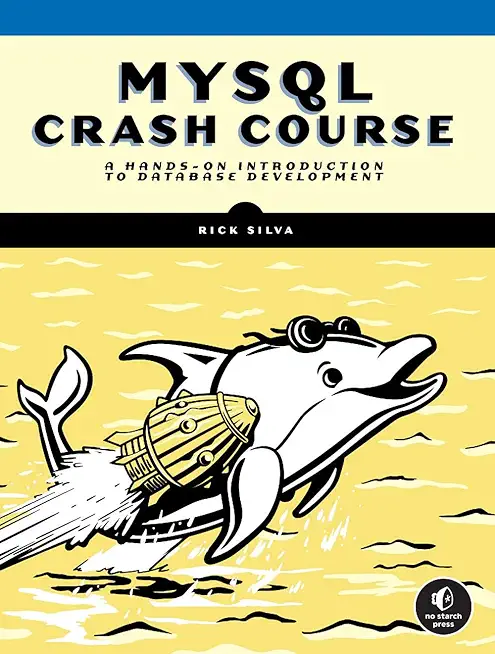
description
2When Brian Stephens asked me to help him organize a book of his years of experience in public school professional development, I was excited but overwhelmed by the prospect. I couldn't imagine a better use of my skills and passions as a writer, editor and educator. But in his fashion, his completion goals were ambitious. I told him, "But, Brian, I've been writing my own book for a decade." He was undeterred. He started writing chapter after chapter. It was an inspiration to see it happen so quickly and so efficiently. The thing is, the information is deep, practiced and fresh because it's used every day in CaissaK12's holistic services to help public school districts understand the landscape of educational options and what tools they can wield to help keep students and resources. Among the most valuable of resources discussed in this book is the human resource, in other words, it's you. When I began editing this book, I was intrigued by the depth at which Brian explores the value of empathy. The crux of this methodology is how to keep families in your district-how to keep your students coming back to build a thriving community and the budget to grow. What this book uniquely considers is how interaction with difficult student families poses an opportunity for leaving lasting positive impressions that win students back. The Customer Is Not Always Right! understands that this means school staff, faculty and administrators are placed in difficult situations with the potential to either drastically hurt or help their customers' experiences, and, as such, their bottom lines. For this reason, you'll find these rules promote a new kind of customer service that empathizes with families while reaching a common ground that fights staff burnout and turnover. In the middle of book production, I was invited to join a live, in-person training session. We traveled to a public school district to deliver intensive courses to sets of principals and front desk staff members. What I witnessed surprised me. At every level of leadership, Brian's participants were not only engaged, roleplaying conflict scenarios in public schools, but they were having fun. If professional development training in the middle of summer doesn't sound like fun to you, that's because you haven't seen this one. What struck me most is how far this training goes not only to anticipate and practice working through trouble, but how much it centers empowering you, the registrar, the clerk, the teacher, the principal. This training is intended to give voice to the authentic experience of working with families in public schools. It thinks through the best way to acknowledge common problems-right or wrong-and address them. It offers techniques to make families feel heard and to allow staff members to keep their dignity. I am genuinely excited to help bring this book into the world, and I am excited for you to have this reference guide for public school empowerment and exclusive tips in communications strategy. I hope you find these tactics useful, and I hope you find the anecdotes as illustrative, funny and insightful as I have. Keep fighting the good fight. Daphne Maysonet
member goods
No member items were found under this heading.
Return Policy
All sales are final
Shipping
No special shipping considerations available.
Shipping fees determined at checkout.







